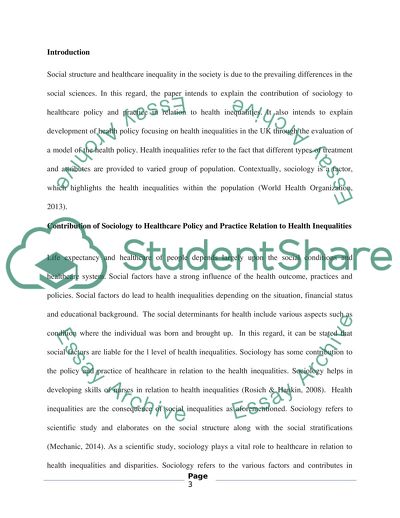Cite this document
(How does sociology contribute to our understanding health inequalities Essay, n.d.)
How does sociology contribute to our understanding health inequalities Essay. https://studentshare.org/medical-science/1850782-how-does-sociology-contribute-to-our-understanding-health-inequalities
How does sociology contribute to our understanding health inequalities Essay. https://studentshare.org/medical-science/1850782-how-does-sociology-contribute-to-our-understanding-health-inequalities
(How Does Sociology Contribute to Our Understanding Health Inequalities Essay)
How Does Sociology Contribute to Our Understanding Health Inequalities Essay. https://studentshare.org/medical-science/1850782-how-does-sociology-contribute-to-our-understanding-health-inequalities.
How Does Sociology Contribute to Our Understanding Health Inequalities Essay. https://studentshare.org/medical-science/1850782-how-does-sociology-contribute-to-our-understanding-health-inequalities.
“How Does Sociology Contribute to Our Understanding Health Inequalities Essay”. https://studentshare.org/medical-science/1850782-how-does-sociology-contribute-to-our-understanding-health-inequalities.


